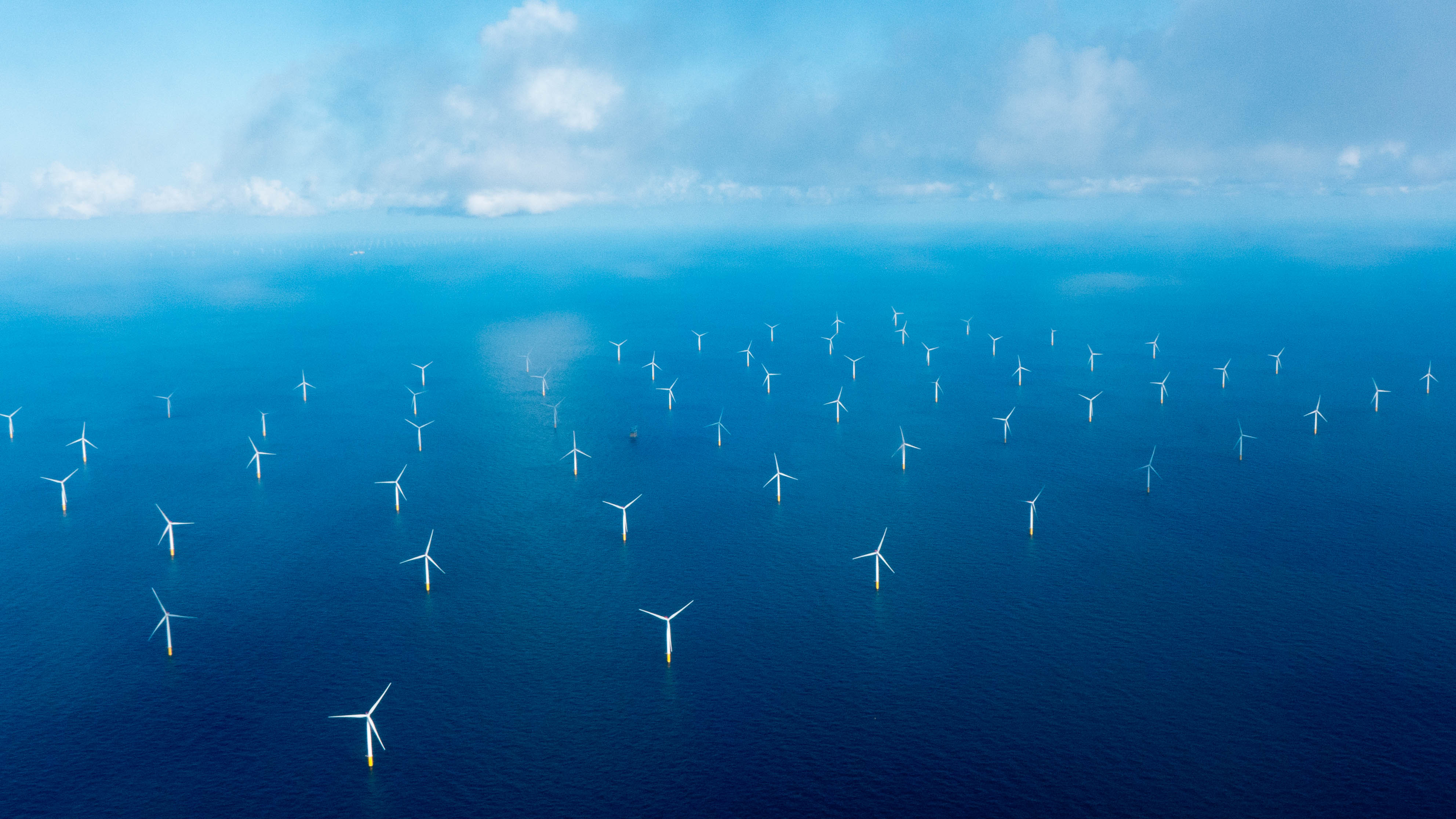Netherlands Offshore Wind Project to Produce Green Hydrogen: A Sustainable Energy Initiative
Key Ideas
- Vattenfall and Copenhagen Infrastructure Partners (CIP) will build a floating solar farm and a large-scale electrolyser in the Port of Rotterdam to produce green hydrogen from the IJmuiden Ver Beta offshore wind project in the Netherlands.
- The project aims to combine wind, solar, and hydrogen to create an advanced energy system, supporting decarbonization efforts in industries and society, marking a significant step in the energy transition.
- The Zeevonk joint venture's proposal includes a 50 MWp floating offshore solar farm, ten times larger than previous projects, utilizing space more efficiently and sharing the grid connection with wind power for improved efficiency.
- By installing a 1 GW electrolyser near the offshore wind farm's connection point on land, the electricity for hydrogen production can bypass the national power grid, reducing pressure on the grid infrastructure.
The joint venture between Vattenfall and Copenhagen Infrastructure Partners (CIP) has been awarded the 2 GW IJmuiden Ver Beta offshore wind area in the Netherlands. In addition to the offshore wind project, the partnership plans to construct a floating solar farm within the project site and install a large-scale electrolyser in the Port of Rotterdam to generate green hydrogen. The Dutch government's recent announcement revealed the developers selected for the offshore wind tender, with criteria including financial bids, environmental obligations, and area-specific requirements. Vattenfall and CIP, operating under the name Zeevonk, offered EUR 20 million annually for 40 years, covering environmental studies and financial costs. Their proposal includes a 50 MWp floating solar farm at IJmuiden Ver Beta, enhancing space utilization and grid connection efficiency. The project's integration of wind, solar, and hydrogen is seen as a crucial advancement in the energy transition, fostering decarbonization in various sectors. The installation of a 1 GW electrolyser at the Port of Rotterdam will enable the direct conversion of offshore wind-generated electricity into hydrogen, bypassing the national power grid and reducing grid pressure. The initiative signifies a significant stride towards a sustainable energy future in the Netherlands, emphasizing innovation and collaboration to achieve environmental goals.
Topics
Projects
Renewable Energy
Energy Transition
Offshore Wind
Solar Energy
Energy Park
Environmental Impact Assessments
Latest News
